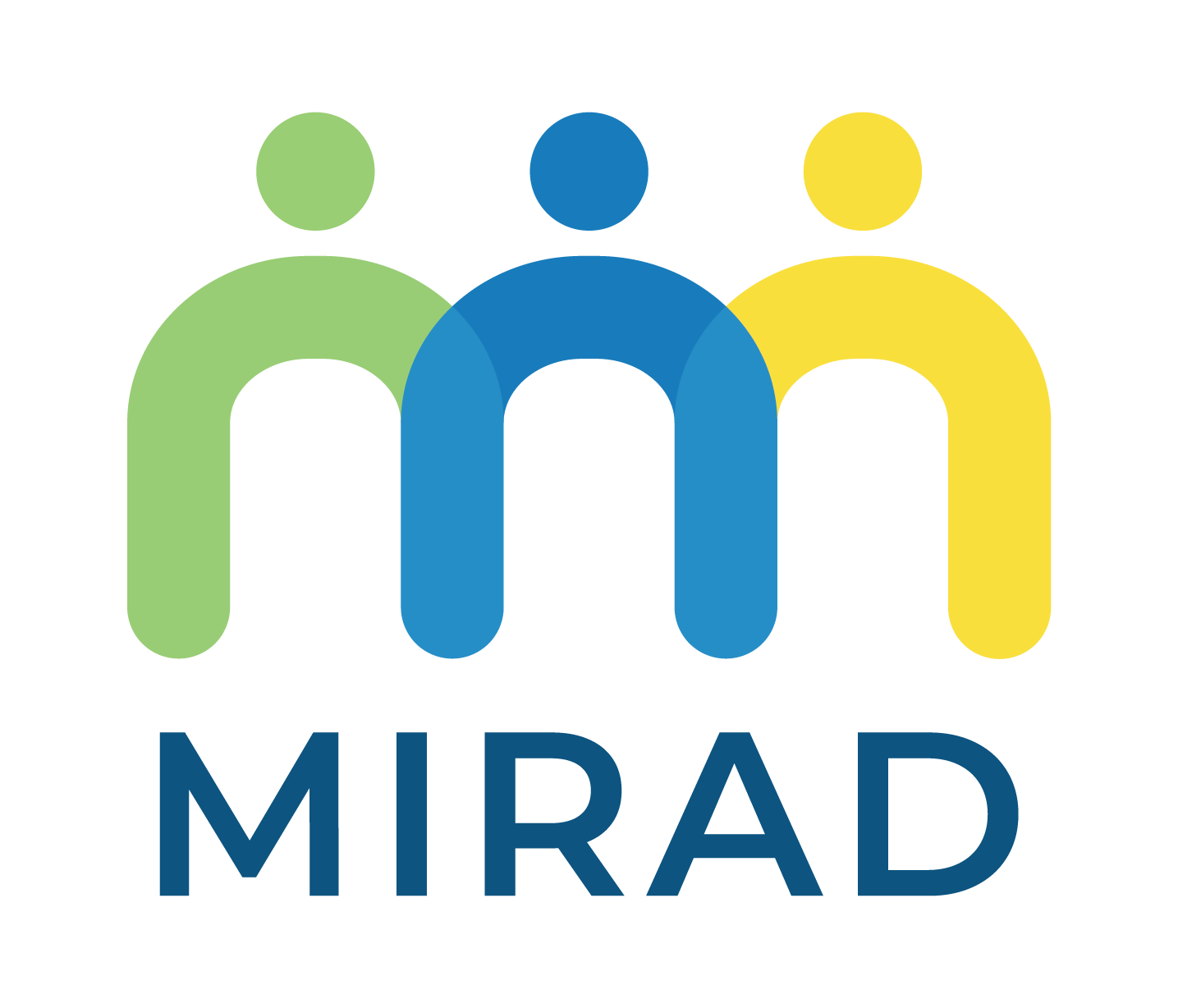MIRAD’s main goal is to foster expanded collaboration in the field of disengagement and reintegration programmes between governmental bodies and trustworthy community organisations and the implementation of risk assessment tools, addressing the necessity to develop and apply ideology-specific risk assessment tools, attentive to relevant gender dimensions of appropriate interventions.
The project builds upon IRS (Individual Radicalisation Screening), a radicalisation risk assessment instrument previously developed during the R2PRIS project. The IRS is part of the Radicalisation Risk Assessment in Prisons Toolset (commonly known as RRAP), which was considered as promising practice in this field by the European Commission.
MIRAD intends to develop specific, add-on ideological-centred assessment sheets to the IRS, having in consideration two different extremist typologies (right-wing extremism and Islamist extremism), as well as the role of gender. MIRAD also aims to train practitioners from prison, probation, judicial and non-governmental organisations via e-Learning and virtual-reality scenarios. In addition, the project also foresees the development of an instrument to assess the trustworthiness and capability of NGOs that work with extremist/radical individuals, which could later be used by prison and probation systems in the EU.
Lorem ipsum dolor sit amet, consectetur adipiscing elit, sed do eiusmod tempor incididunt ut labore et dolore magna aliqua. Ut enim ad minim veniam, quis nostrud exercitation ullamco laboris nisi ut aliquip ex ea commodo consequat. Duis aute irure dolor in reprehenderit in voluptate velit esse cillum dolore eu fugiat nulla pariatur. Excepteur sint occaecat cupidatat non proident, sunt in culpa qui officia deserunt mollit anim id est laborum.
Lorem ipsum dolor sit amet, consectetur adipiscing elit, sed do eiusmod tempor incididunt ut labore et dolore magna aliqua. Ut enim ad minim veniam, quis nostrud exercitation ullamco laboris nisi ut aliquip ex ea commodo consequat. Duis aute irure dolor in reprehenderit in voluptate velit esse cillum dolore eu fugiat nulla pariatur. Excepteur sint occaecat cupidatat non proident, sunt in culpa qui officia deserunt mollit anim id est laborum.
Lorem ipsum dolor sit amet, consectetur adipiscing elit, sed do eiusmod tempor incididunt ut labore et dolore magna aliqua. Ut enim ad minim veniam, quis nostrud exercitation ullamco laboris nisi ut aliquip ex ea commodo consequat. Duis aute irure dolor in reprehenderit in voluptate velit esse cillum dolore eu fugiat nulla pariatur. Excepteur sint occaecat cupidatat non proident, sunt in culpa qui officia deserunt mollit anim id est laborum.

